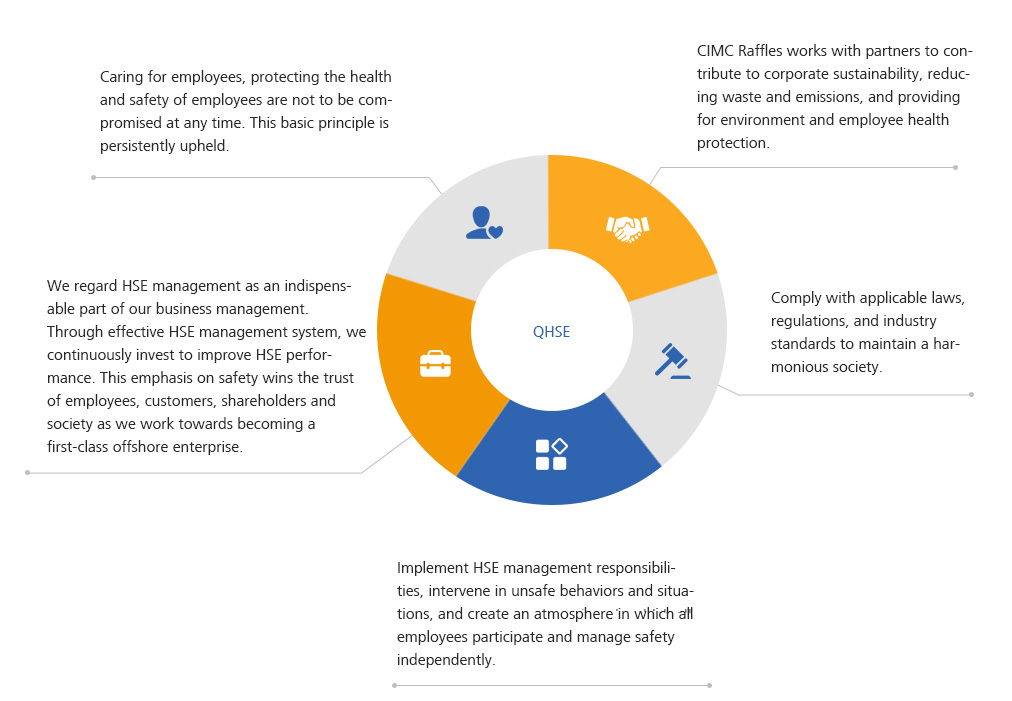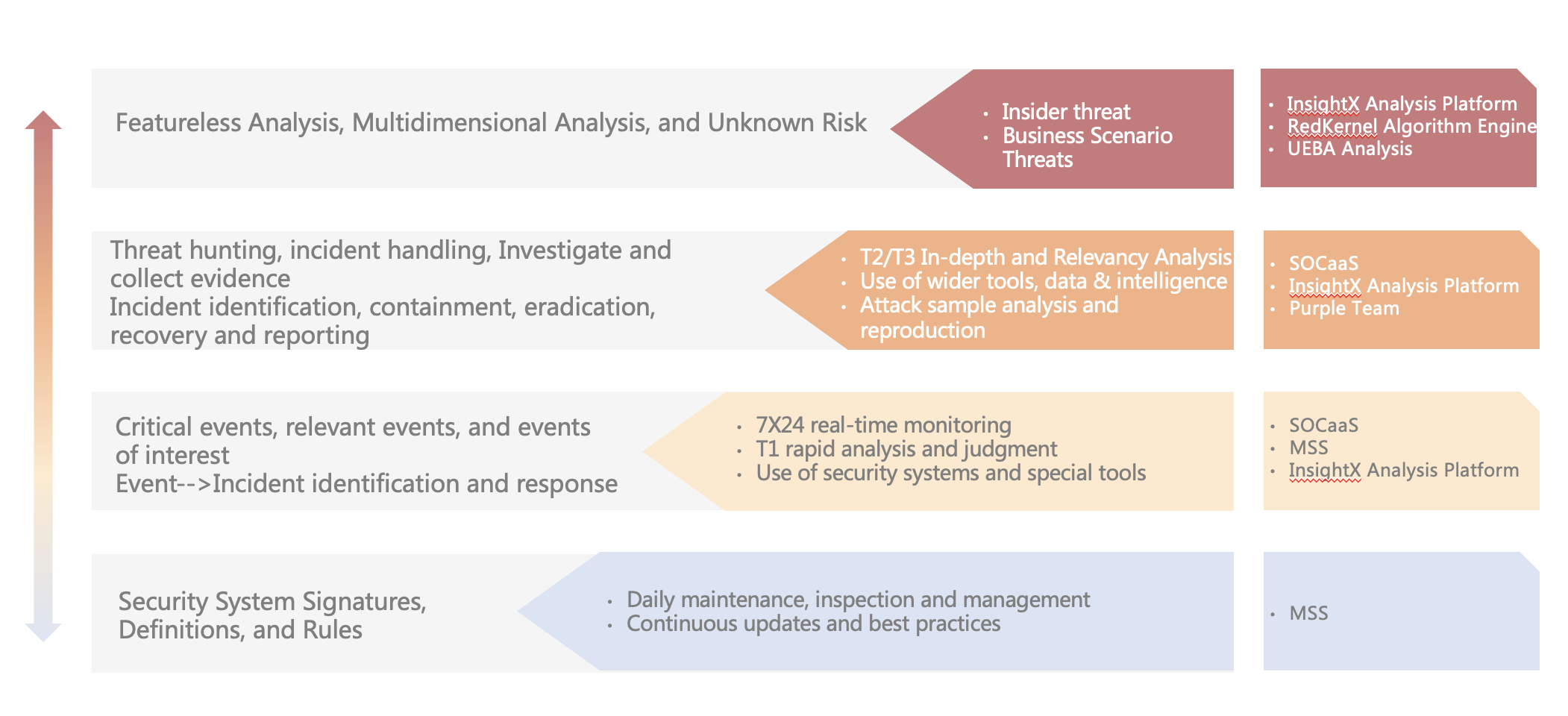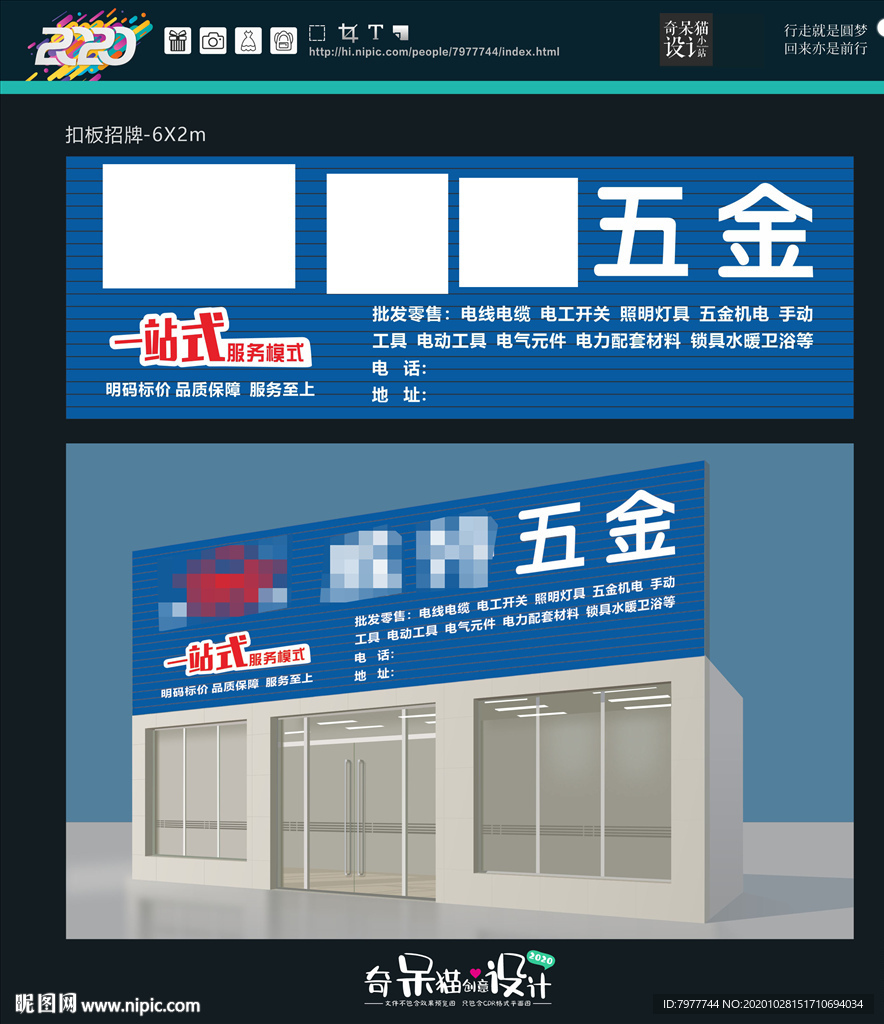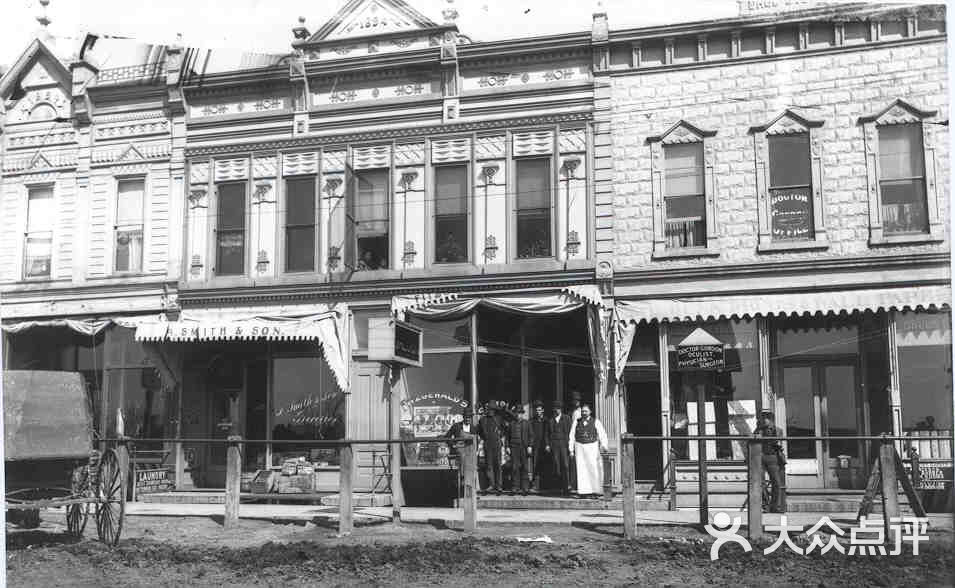Opening a Hardware Store: Required Capital and Cost Analysis
Opening a hardware store requires a significant amount of capital to cover initial costs such as purchasing inventory, leasing or purchasing a storefront, and hiring employees. Additional costs include operating expenses such as payroll, utilities, and marketing. The required capital depends on the scale and scope of the business, as well as the specific products and services offered. It is important to conduct a thorough cost analysis to determine the total capital needed to open and operate the hardware store. This analysis should include a breakdown of all potential expenses, including fixed and variable costs, and an evaluation of any potential revenue streams. By understanding the full financial picture, business owners can make informed decisions about the viability of their hardware store venture.
Starting a hardware store can be a lucrative business venture, but it is essential to have a clear understanding of the initial investment and ongoing costs. This article will explore the factors that go into the overall cost of opening a hardware store, including initial capital requirements, inventory purchase, store setup, and ongoing operational expenses.
Initial Capital Requirements:
The initial capital required to open a hardware store depends on several factors, including the type of store (retail or wholesale), location, store size, and the level of inventory purchase. Here are some of the major expenses you should consider:
1、Store Setup: This includes the cost of purchasing or leasing a suitable storefront, as well as the expenses associated with store construction or renovation. The cost of setting up a store can vary depending on the location and size of the store.

2、Inventory Purchase: Hardware stores typically stock a wide range of products, from screws and nails to plumbing fixtures and electrical supplies. The initial inventory purchase can be significant, but it will depend on the type of products you plan to sell and the volume of sales you expect.
3、Operating Expenses: In addition to the initial setup and inventory purchase, you will also need to consider ongoing operating expenses, such as employee salaries, utility bills, insurance costs, and marketing expenses. These expenses will vary depending on the size and location of your store, as well as your business model.
Cost Analysis:
To help you calculate the total cost of opening a hardware store, let’s look at some example figures. These figures are based on average industry standards and should give you a rough idea of what to expect. Keep in mind that these are just estimates and your actual costs may vary depending on your specific circumstances.
1、Store Setup: Assuming you lease a 2,000 square foot storefront in a small town with an annual rent of $20,000, the store setup cost would be $20,000. If you choose to purchase the storefront, the cost would be the purchase price plus any associated closing costs.
2、Inventory Purchase: Assuming you stock a basic selection of hardware products, including screws, nails, plumbing fixtures, and electrical supplies, the initial inventory purchase would likely be around $50,000-$100,000. This figure will depend on the type of products you plan to sell and the volume of sales you expect.
3、Operating Expenses: These expenses will vary depending on your specific circumstances, but let’s assume you hire two employees at an average salary of $30,000 each, plus benefits. This would amount to $60,000 in annual employee compensation. In addition, you can expect to spend around $5,000-$10,000 per year on utility bills, insurance costs, and marketing expenses.
Total Cost: Adding up these figures, the total cost of opening a hardware store would be somewhere between $135,000-$185,000. This is just an estimate based on average industry standards and your actual costs may vary depending on your specific circumstances.

Ongoing Operational Expenses:
In addition to the initial investment, there are ongoing operational expenses that you will need to consider. These expenses will vary depending on the size and location of your store, as well as your business model. Here are some common ongoing operational expenses:
1、Employee Salaries: As mentioned above, employee salaries are a significant ongoing expense. The number of employees you need will depend on the size and location of your store, as well as the level of inventory purchase. Make sure to calculate this cost accurately based on your specific circumstances.
2、Utility Bills: Hardware stores typically use a lot of electricity and water. The cost of these utilities can vary depending on your location and usage patterns. Be sure to budget for these expenses and explore energy-saving measures to reduce your utility bills.
3、Insurance Costs: It is essential to have business insurance to protect against liability claims and property damage. The cost of insurance will depend on the type of coverage you choose and the risks associated with your business. Speak with an insurance agent to get an accurate estimate of what you can expect to pay for insurance each year.
4、Marketing Expenses: To attract customers and promote your brand, you will need to invest in marketing efforts such as advertising (online or offline), website maintenance, and social media marketing. These expenses can vary significantly depending on your marketing strategy and budget. Be sure to allocate enough funds to cover these expenses each year so that you can continue growing your customer base and brand awareness.
In conclusion, opening a hardware store requires significant capital investment both upfront and ongoing maintenance thereafter To ensure success in this venture it is essential that due diligence is conducted in terms of market research location selection business plan development cost
Articles related to the knowledge points of this article:
Opening a Hardware Store: Cost Considerations
Title: The Magnificent World of Hardware Store Flame Generator Wholesale Markets
Five-Star Hardware Stores: The Best Place to Buy Network Cables
Title: Is Hardware Store a Service Industry? A Comprehensive Analysis
Title: The Jimo Hardware Store: A Legacy of Quality and Service
TAIZHOU HARDWARE STORE: A GATEWAY TO THE WORLD OF APPLIANCES



